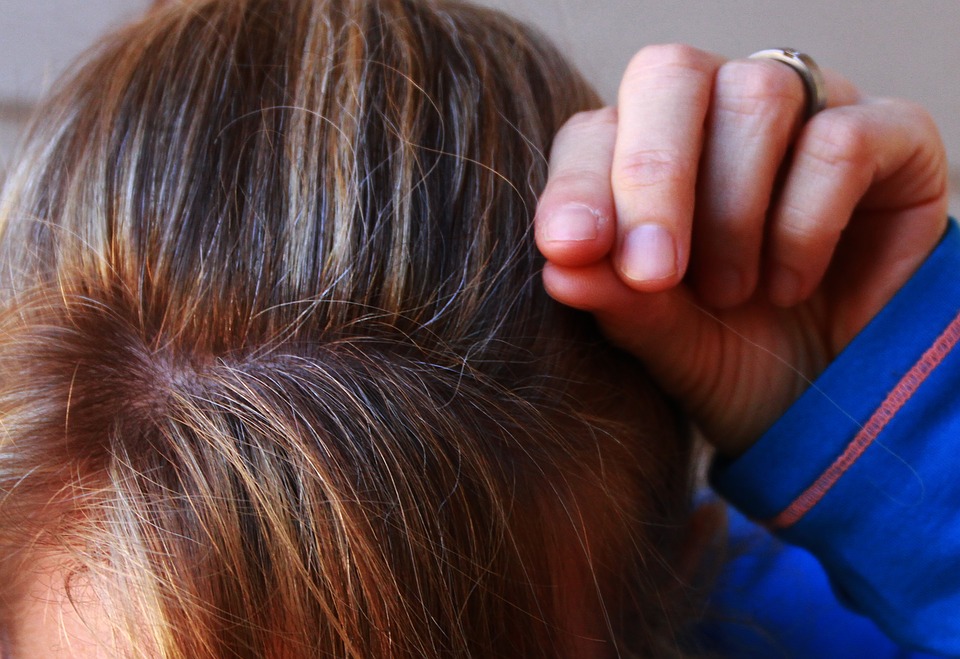If you’ve found yourself thinking about detoxing from alcohol or drugs, you’re already taking a brave step towards a healthier and happier life. Kudos to you! But let’s be real—deciding to detox at home isn’t a walk in the park. It’s essential to know when it’s the right choice and when you might need a bit more help. So, let’s dive in and explore the ins and outs of doing a home detox.
Why Consider Home Detox?
Detoxing at home can be an appealing option for many reasons. It offers privacy, comfort, and the ability to stay in a familiar environment. But when is it the right choice?
The Right Time for Home Detox
- Mild to Moderate Dependency
If your substance use is more on the mild to moderate side, home detox can be a feasible option. You’re not alone—many people with a less severe dependency find success with home detoxing. - Strong Support System
Having a network of supportive friends or family members is crucial. They can provide emotional support and help keep you accountable. - Previous Detox Experience
If you’ve been through detox before and know what to expect, home detox might be a viable option. Familiarity with the process can make it easier to manage at home. - Medical Clearance
Always, always, always consult with a healthcare professional before starting a home detox. They can assess your health and determine if it’s safe for you to detox at home.
Signs That Home Detox Might Not Be for You
While the idea of detoxing at home sounds appealing, it’s not suitable for everyone. Here are some signs that you might need more intensive care:
High Dependency Level
If you’re heavily dependent on alcohol or drugs, home detox might not be safe. Withdrawal symptoms can be severe and even life-threatening. In such cases, a medically supervised detox is crucial.
Lack of Support System
Detoxing alone is tough. If you don’t have a strong support system, it’s better to seek professional help. Emotional support plays a significant role in the detox process.
History of Severe Withdrawal Symptoms
If you’ve experienced severe withdrawal symptoms in the past, such as seizures, hallucinations, or delirium tremens (DTs), don’t try to detox at home. These symptoms require immediate medical attention.
Co-Occurring Mental Health Issues
If you’re dealing with mental health issues alongside substance dependency, it’s essential to seek professional help. Mental health conditions can complicate the detox process, making it unsafe to attempt at home.
Preparing for a Home Detox
Okay, so you’ve determined that home detox is a safe and suitable option for you. What’s next? Preparation is key to a successful detox. Here’s how to get started:
Consult a Healthcare Professional
First and foremost, talk to your doctor. They can provide guidance, recommend medications to ease withdrawal symptoms, and help you create a detox plan.
Gather Supplies
Make sure you have everything you need to make the process as comfortable as possible. Here’s a checklist to get you started:
- Hydration – Stock up on water, herbal teas, and electrolyte drinks. Staying hydrated is crucial during detox.
- Nutritious Food – Prepare healthy meals and snacks in advance. Your body needs proper nutrition to heal.
- Medications – Have any prescribed medications on hand. Over-the-counter options like pain relievers and anti-nausea meds can also be helpful.
- Comfort Items – Think cosy blankets, favourite movies, books, and anything else that makes you feel good.
Create a Support Network
Let your friends and family know about your detox plans. Arrange for someone to check in on you regularly or stay with you during the process. Emotional support is invaluable during this time.
Set Up a Safe Space
Create a comfortable and safe environment for your detox. Remove any alcohol or drugs from your home to avoid temptation. Make your space as relaxing and stress-free as possible.
Managing Withdrawal Symptoms
Withdrawal symptoms are an inevitable part of the detox process. Knowing what to expect and how to manage them can make a world of difference. Here are some common symptoms and tips for coping:
Common Withdrawal Symptoms
- Anxiety and Irritability – It’s normal to feel on edge. Try deep breathing exercises, meditation, or gentle yoga to help calm your nerves.
- Nausea and Vomiting – Stay hydrated and stick to bland foods. Ginger tea or crackers can help soothe your stomach.
- Insomnia – Trouble sleeping? Create a relaxing bedtime routine. Avoid caffeine and electronics before bed.
- Sweating and Shaking – These are common, especially in the early stages. Keep cool and stay hydrated.
When to Seek Help
While some discomfort is expected, certain symptoms require immediate medical attention. If you experience any of the following, don’t hesitate to seek help:
- Severe dehydration
- High fever
- Seizures
- Chest pain
Severe confusion or hallucinations Post-Detox: What’s Next?
Congratulations, you’ve made it through the detox! But the journey doesn’t end here. Staying sober requires ongoing effort and support. Here’s how to stay on track:
Build a Support Network
Join a support group like Alcoholics Anonymous (AA) or Narcotics Anonymous (NA). Sharing your experiences and hearing from others can be incredibly empowering.
Develop Healthy Habits
Replace old habits with new, healthy ones. Exercise regularly, eat a balanced diet, and find activities that bring you joy. Keeping your mind and body busy can help reduce cravings.
Seek Professional Help
Consider seeing a therapist or counsellor. They can help you work through any underlying issues and provide tools for maintaining sobriety.
Set Goals
Setting short-term and long-term goals can give you something to strive for. Whether it’s picking up a new hobby, going back to school, or mending relationships, having goals can keep you motivated.
Stay Accountable
Keep in touch with your support network and check in regularly. Accountability partners can help you stay on track and provide encouragement when you need it.
Final Thoughts
Detoxing from alcohol or drugs is a courageous step, and deciding to do it at home requires careful consideration and preparation. Remember, it’s okay to ask for help if you need it. Whether you choose to detox at home or seek professional support, the most important thing is that you’re taking steps towards a healthier, happier life. You’ve got this!





